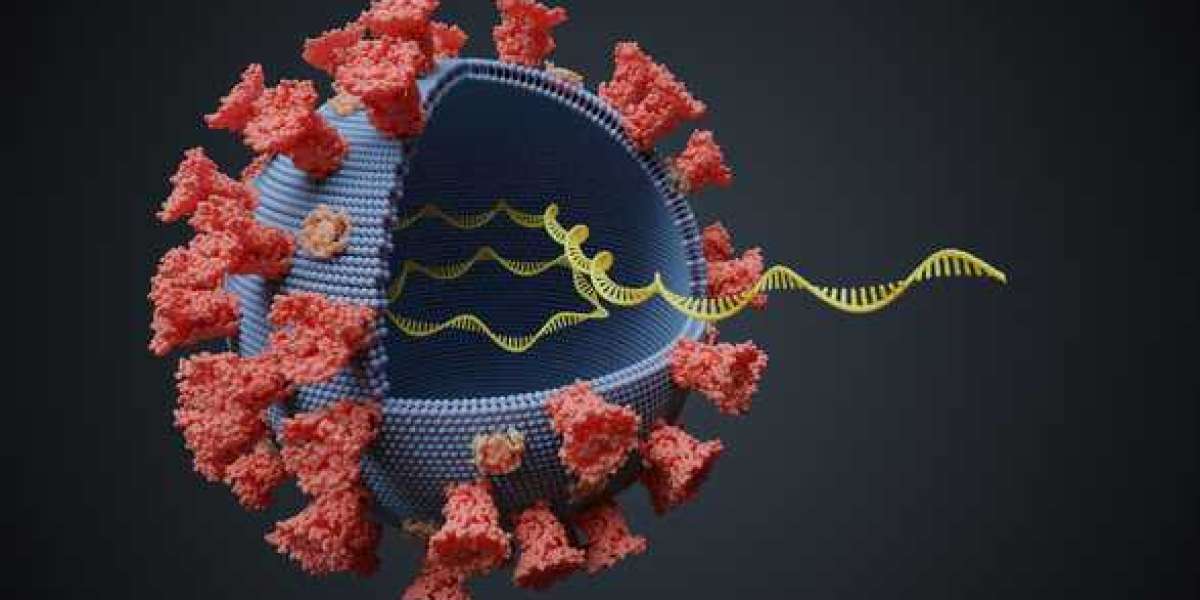RNA Expression Biomarkers: Emerging Role in Personalized Healthcare
RNA is emerging as a game changing biomarker due to its dynamic nature. Unlike DNA, RNA is actively transcribed from DNA and its expression levels provide a real-time snapshot of cellular functions. Abnormal RNA expression is being correlated with various diseases, making RNA an attractive disease biomarker. RNA expression profiles can help understand biological pathways involved in disease mechanism, progression and response to therapy in a personalized manner. Pharmaceutical companies are leveraging RNA biomarkers to develop companion diagnostics for target patient selection and monitor treatment response.
Ribonucleic Acid (RNA) Markers for Cancer Diagnosis and Prognosis
Cancer is one of the major areas where RNA biomarkers are proving transformative. Certain RNA types like microRNAs (miRNAs) and long non-coding RNAs (lncRNAs) are dysregulated in cancers and correlate with cancer subtypes, stages and outcomes. For example, miRNA signatures can differentiate between influenza infection and lung cancer. RNA profiling of tumor cells provides information about mutations, tumor aggressiveness, likelihood of metastasis and response to therapies. This helps oncologists personalize cancer treatment according to the RNA profile of individual patients. RNA biomarkers also help detect cancer at an early stage by analyzing blood, urine or other body fluids.
Application in Neurological Disorders
Expression levels of specific mRNAs and non-coding RNAs in brain and cerebrospinal fluid offer clues about mechanisms and progression of neurological diseases like Alzheimer's, Parkinson's, autism and multiple sclerosis. RNA biomarkers hold promise for improved and earlier diagnosis of these disorders. They can also help classify patient subgroups for targeted clinical trials. Pharmaceutical companies are evaluating RNA signatures as surrogate markers to monitor drug efficacy in central nervous system disorders. Overall, RNA biomarkers hold potential to revolutionize diagnosis and management of many neurological conditions.
Personalized Medicine through Pharmacogenomics
Understanding how RNA expression influences drug response helps implement a pharmacogenomic approach to medicine. Variations in RNA levels involved in drug metabolism and pathways can affect treatment outcomes across patients. RNA biomarkers are being studied in pharmacogenomics research to predict drug safety, efficacy, toxicity, dosage and selection of alternative medications in a personalized manner. This aids development of safer, more targeted therapies and improves clinical outcomes for patients. The use of RNA biomarkers in pharmacogenomics will facilitate precision dosing and realize the true potential of personalized medicine.
Challenges and the Road Ahead
While RNA biomarkers offer unprecedented opportunities, there are technical and regulatory challenges that need solving. Standardizing RNA detection platforms, data analysis and clinical validation of biomarkers are important aspects requiring further refinement. Large, well-powered, multi-center prospective trials are critical to prove clinical validity and utility of RNA signatures. Regulatory policies need updating regarding approval pathways for RNA diagnostic tests. Integrating RNA biomarkers into clinical decision support systems and electronic health records will further advance precision medicine. Overall, RNA biomarkers are becoming a disruptive clinical tool and investment in this area promises new tools to stratify patients and optimize treatment decisions.
In Summary, Ribonucleic Acid (RNA) markers serve as molecular beacons, illuminating the intricate language of genes and providing invaluable insights into cellular processes. These markers, derived from ribonucleic acid (RNA), offer a dynamic snapshot of gene expression patterns, reflecting the activity levels of specific genes within cells. By deciphering RNA markers, researchers can unravel the complexities of disease states, identify potential therapeutic targets, and monitor treatment responses, paving the way for personalized medicine approaches and innovative interventions.








